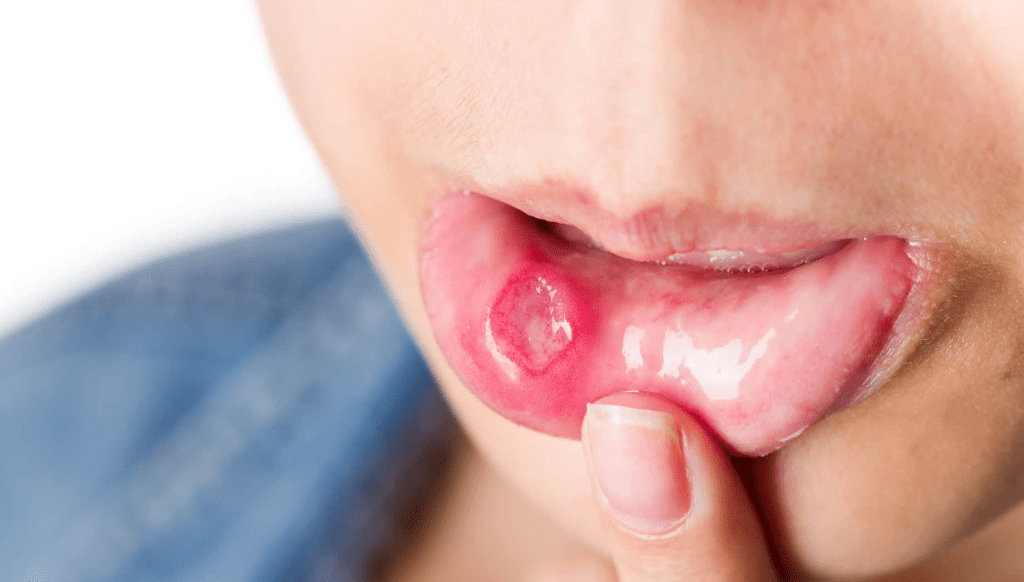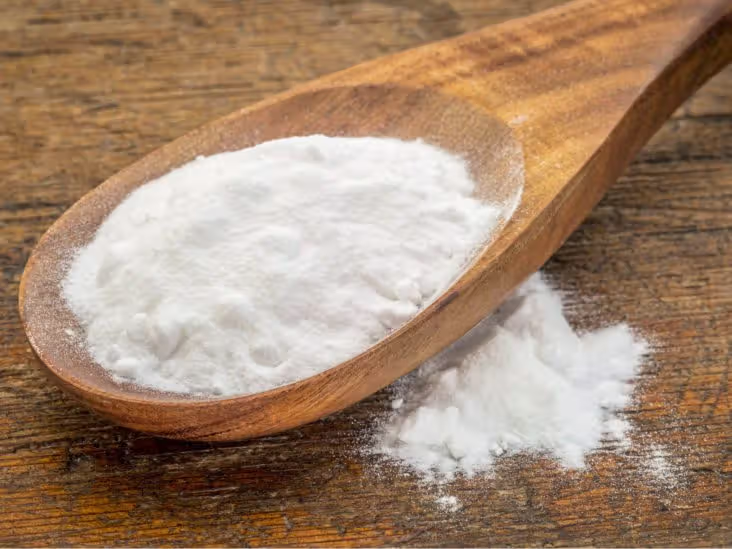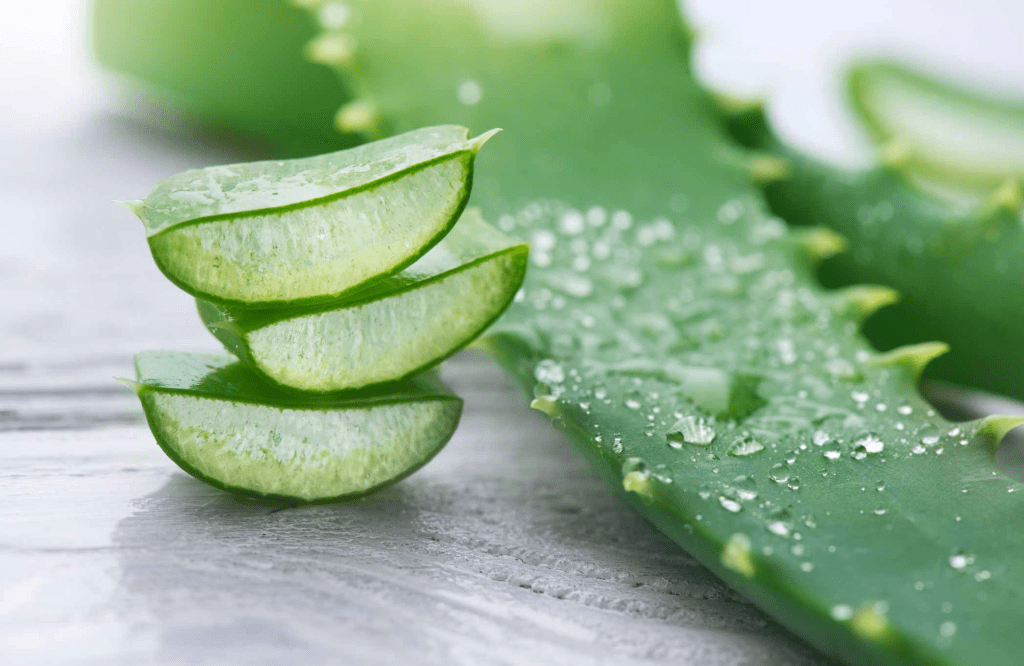Canker sores, those pesky little ulcers inside the mouth, can be surprisingly painful and disruptive. While they’re not contagious like cold sores, they can make eating, drinking, and even talking uncomfortable. If you’ve got a canker sore and it’s driving you crazy, don’t worry—you’re not alone, and there are plenty of home remedies to help soothe the pain and speed up healing.
Understanding Canker Sores: What Are They and Why Do They Hurt?

Canker sores, also known as aphthous ulcers, are small, shallow lesions that develop on the inside of the mouth or at the base of the gums. They typically appear as round or oval sores with a white or gray center and a red border. While the exact cause is unclear, they’re often linked to factors like stress, injury to the mouth, or certain foods.
Why do they hurt so much? The mouth is full of sensitive nerve endings, and when the protective mucous lining is breached, it exposes these nerves to irritation. Add the body’s inflammatory response to the mix, and you’ve got a recipe for pain.
Common Triggers: What Might Be Causing Your Canker Sore
Canker sores can be triggered by a variety of factors, including:
- Stress: Emotional or physical stress can weaken your immune system, making sores more likely.
- Mouth Injury: Biting the inside of your cheek, brushing too hard, or irritation from dental appliances can lead to sores.
- Food Sensitivities: Acidic or spicy foods like citrus fruits, tomatoes, or hot peppers can irritate the mouth and trigger sores.
- Nutritional Deficiencies: Low levels of vitamin B12, zinc, folate, or iron are common culprits.
- Hormonal Changes: Fluctuations during menstruation can increase the likelihood of sores.
- Underlying Health Conditions: Canker sores are sometimes associated with diseases like celiac or Crohn’s.
Understanding your triggers is key to preventing future outbreaks.
When to Seek Medical Advice
Most canker sores heal on their own within one to two weeks, but there are times when you should consult a doctor. Seek medical advice if you experience:
- Unusually large or persistent sores lasting more than two weeks
- Sores spreading to other areas of the mouth
- Difficulty eating or drinking
- High fever or signs of infection, like pus or severe swelling
Don’t ignore these symptoms—they could indicate a more serious condition.
Home Remedies for Canker Sores: Soothing Solutions
While there’s no instant cure for canker sores, several home remedies can help reduce pain and promote healing. These natural methods are easy to try and can provide much-needed relief.
1. Salt Water Rinse: Nature’s Antiseptic
Rinsing with salt water is a classic remedy for good reason—it works! Salt helps reduce inflammation, disinfects the sore, and speeds up healing. Here’s how:
- Mix one teaspoon of salt in a cup of warm water.
- Swish the solution around your mouth for 30 seconds.
- Spit it out and repeat 2-3 times a day.
2. Baking Soda Paste: Neutralize and Heal

Baking soda is another effective remedy, thanks to its ability to neutralize acidity and reduce inflammation. To make a paste:
- Mix a teaspoon of baking soda with enough water to form a thick paste.
- Apply the paste directly to the sore and let it sit for a few minutes.
- Rinse your mouth thoroughly with water.
- Repeat several times a day.
3. Honey: Sweet Relief
Honey is not only delicious but also a natural antibacterial and anti-inflammatory agent. To use honey:
- Dab a small amount of raw, unpasteurized honey onto the sore.
- Reapply throughout the day, especially after meals and before bedtime.
Its soothing properties can ease pain and promote faster healing.
4. Coconut Oil: A Gentle Healer
Coconut oil’s antimicrobial and anti-inflammatory properties make it a great choice for canker sores. Here’s how to use it:
- Apply a small amount of coconut oil directly to the sore.
- Repeat several times a day.
Its mild taste and texture make it a comfortable option for oral use.
5. Aloe Vera: Cool and Soothe

Aloe vera is a natural healer with cooling properties that can provide relief from pain and inflammation. To use:
- Apply pure aloe vera gel directly to the sore.
- Repeat a few times a day.
If you have an aloe vera plant at home, use the gel straight from the leaf for best results.
6. Chamomile Tea: Anti-Inflammatory Benefits
Chamomile contains compounds that reduce inflammation and promote healing. To use:
- Brew a cup of chamomile tea and let it cool.
- Swish the tea around your mouth or apply a damp tea bag directly to the sore.
- Repeat twice daily.
7. Hydrogen Peroxide: Disinfect and Protect
Hydrogen peroxide can help clean the sore and prevent infection. To use safely:
- Mix equal parts of hydrogen peroxide and water.
- Dip a cotton swab in the solution and apply it to the sore.
- Repeat 1-2 times a day.
Be sure not to swallow the solution.
8. Yogurt: Balance Your Oral Bacteria

Eating yogurt with live cultures can help restore balance to the bacteria in your mouth. This can prevent and soothe canker sores. Choose plain, unsweetened yogurt for the best results.
9. Vitamins and Minerals: Boost Your Immune System
If you suspect a nutritional deficiency, consider taking supplements for vitamin B12, zinc, folate, or iron. A balanced diet rich in leafy greens, lean proteins, and whole grains can also help.
10. Stress Management: Break the Cycle
Since stress is a common trigger, managing stress can reduce your risk of canker sores. Try relaxation techniques like meditation, yoga, or deep breathing exercises.
Maintaining Oral Hygiene to Prevent Future Outbreaks
Good oral hygiene is essential for preventing canker sores. Use a soft-bristled toothbrush, floss regularly, and consider switching to a toothpaste without sodium lauryl sulfate (a potential irritant). Regular dental check-ups can also help catch and address any underlying issues.
Conclusion: Find the Remedy That Works for You
Canker sores may be small, but their impact can feel huge. Luckily, with the right home remedies, you can soothe the pain and promote healing naturally. Experiment with these solutions to find what works best for you, and remember to stay on top of your oral hygiene and overall health to prevent future outbreaks. If your symptoms persist or worsen, don’t hesitate to reach out to a healthcare professional. Relief is within reach!


